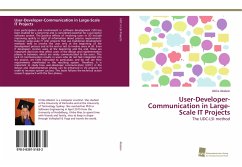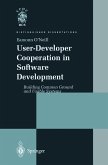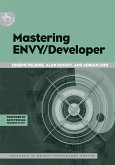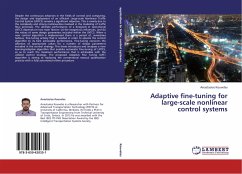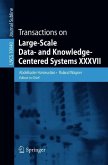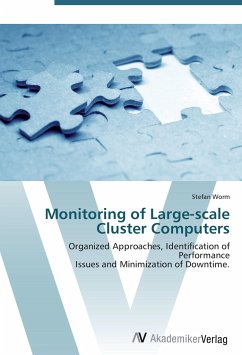User participation and involvement in software development (SD) has been studied for a long time and is considered essential for a successful software system. The positive effects of involving users in SD include improving quality in light of information about precise requirements. However, large-scale IT (LSI) projects that use traditional development methods tend to involve the user only at the beginning of the development process and at the end or not to involve users at all. Even if developers involve users at the beginning and the end, there are important decisions that affect users in the design and implementation phases in between, which are rarely communicated to the users. This lack of communication results in users who do not feel integrated into the project, are little motivated to participate, and do not see their requirements manifested in the resulting system. Therefore, it is important to study how user-developer communication (UDC) in the design and implementationphases can be enhanced in LSI projects in order to increase system success. This book follows the technical action research approach with the four phases.
Bitte wählen Sie Ihr Anliegen aus.
Rechnungen
Retourenschein anfordern
Bestellstatus
Storno

